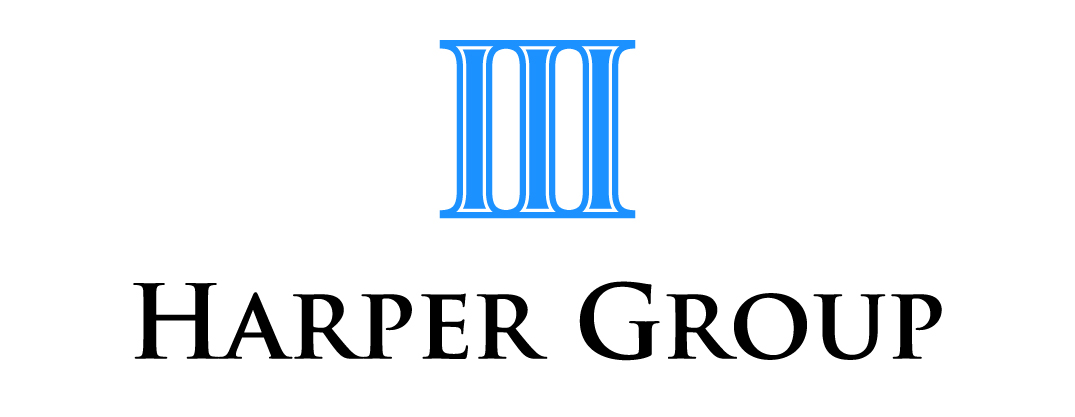Renting out part or all of your home
Generally, if you rent out part or all of your home, the rent money you receive is assessable. This means that you must declare your rental income in your income tax return, but you can also claim deductions for any associated expenses.
However, be warned. If you rent put part of your home, such as one room, you also may not be entitled to the full main residence exemption from capital gains tax (CGT). This means you will be required to pay CGT on part of any capital gain made when you sell your house.
Goods and services tax (GST) typically doesn't apply to residential rents, so you're not liable for GST on the rent you charge. However, you also can't claim GST credits for associated costs.
Income and expenses
If you rent out your home at normal commercial rates you will generally be able to claim tax deductions for associated expenses, such as the interest on your home loan. But if only part of your home is used to earn rent, the ATO generally only allows deductions for the part of your expenses that relate to the rental income. As a general guide, you should apportion expenses on a floor-area basis – that is, based on the area solely occupied by the tenant, together with a reasonable figure for their access to the other general living areas.
If you rent out part or all of your home at less than normal commercial rates – for example, to a relative – this may limit the deductions that will be allowed by the ATO. In fact, the deductions are capped at the amount of rental income returned.
Note that payments from a family member for board or lodging are considered to be domestic arrangements and are not considered to be rental income. In these situations, you also can't claim income tax deductions.
For situations involving non-commercial rental and renting to related parties, ask us for more information.
Capital gains and the main residence exemption
Generally, you don't pay CGT if you sell the home you live in (under the main residence exemption). However, if you have used any part of your home to produce income – for example, by renting out part or all of it – you are generally not entitled to the full CGT exemption.
To work out the capital gain that is not exempt, you need to take into account a number of factors, including:
• proportion of the floor area that is set aside to produce income
• period you use it for this purpose
• whether you're eligible for the “absence rule” where you treat a dwelling as your main residence after you move out (ask us for more information if this is the case), and
• whether it was first used to produce income after 20 August 1996 – there is a special market value rule which could impact on the cost of the dwelling for CGT purposes.
Ask us if you need assistance to work out the proportion of your capital gain that is exempt from CGT.
Harper Group Pty Ltd Chartered Accountants Frankston Ph 03 9770 1547
Disclaimer: All information provided in this article is of a general nature only and is not personal financial or investment advice. Also, changes in legislation may occur frequently. We recommend that our formal advice be obtained before acting on the basis of this information.
